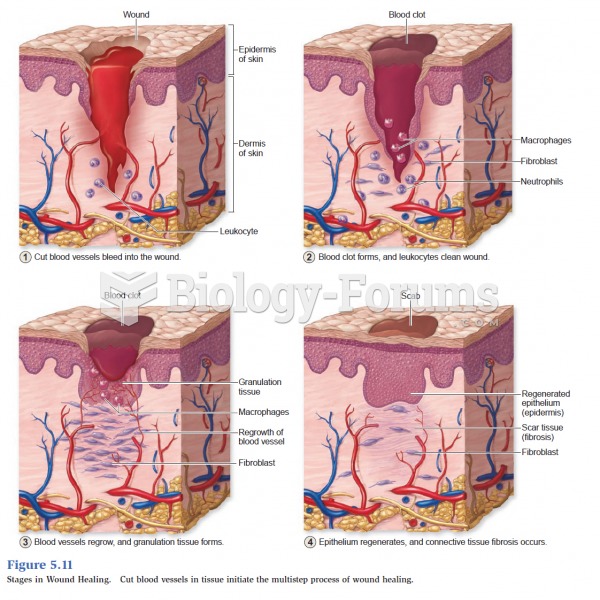|
|
|
There are over 65,000 known species of protozoa. About 10,000 species are parasitic.
According to research, pregnant women tend to eat more if carrying a baby boy. Male fetuses may secrete a chemical that stimulates their mothers to step up her energy intake.
Though methadone is often used to treat dependency on other opioids, the drug itself can be abused. Crushing or snorting methadone can achieve the opiate "rush" desired by addicts. Improper use such as these can lead to a dangerous dependency on methadone. This drug now accounts for nearly one-third of opioid-related deaths.
Between 1999 and 2012, American adults with high total cholesterol decreased from 18.3% to 12.9%
In 1844, Charles Goodyear obtained the first patent for a rubber condom.







